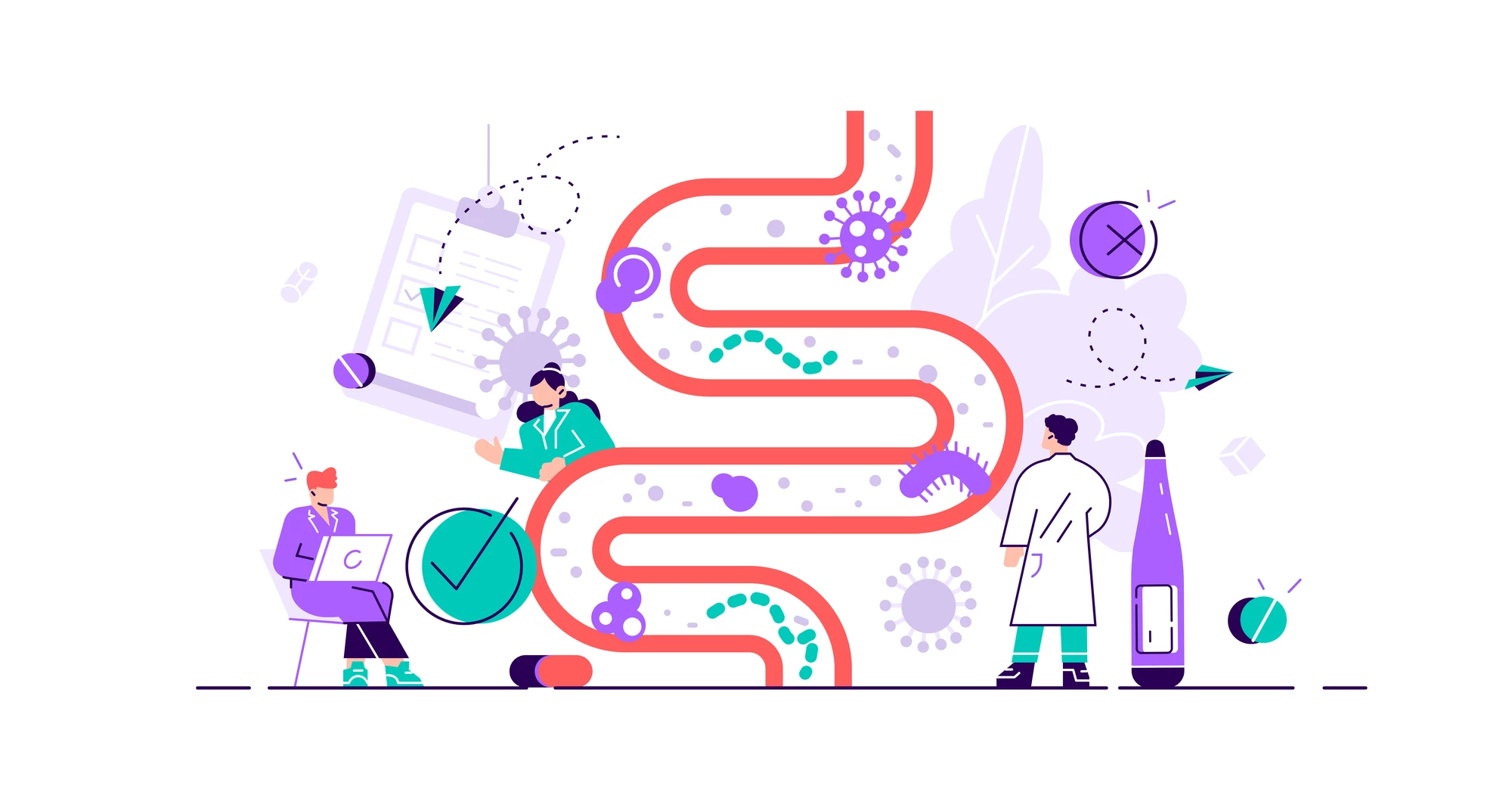An incredibly focused study, led by researchers at the University of Virginia, has demonstrated the profound influence diet and gut bacteria has on the effectiveness and toxicity of drugs used in chemotherapy. Using a roundworm as a simplified microbiome model, the study showed how just one type of bacteria can exponentially increase a drug’s toxicity and the researchers conclude the complexity of drug, diet, and bacteria interactions in humans is “astronomical.”
A review article published last year in the journal Frontiers in Microbiology effectively summarized the current evidence supporting a hypothesis suggesting the gut microbiome plays a fundamental role in determining the efficacy of cancer chemotherapy. Recent research has shown how the pharmacological effects of a given drug can be directly influenced by bacteria in the gut, mediating a drug’s toxicity and efficacy.
Although a great deal of observational connections have been made between the gut microbiome and treatment outcomes for patients with a variety of diseases, this new study set out to zoom in on the underlying molecular processes at play.
To do this, a roundworm model was used to simulate a simple, yet specific, four-way interaction between diet, bacteria, a drug and a host. Incredibly, the study found that dietary changes can directly alter a microbe’s metabolism in a way that increases a drug’s toxicity on its host up to 100-fold.
“The first time we observed that changing the microbe or adding a single amino acid to the diet could transform an innocuous dose of the drug into a highly toxic one, we couldn’t believe our eyes,” explains Eyleen O’Rourke, an author on the new study. “Understanding, with molecular resolution, what was going on took sieving through hundreds of microbe and host genes. The answer was an astonishingly complex network of interactions between diet, microbe, drug and host.”
The big takeaway from the study is the revelation of just how mind-bogglingly complex these drug-host-microbiome relationships are, and how challenging it will be for researchers to catalog these interactions. The human microbiome is home to over 1,500 different bacterial species. Every microbe metabolizes dietary components and drugs differently, and every individual human presents with their own unique microbial population.
The researchers conclude in the study, “the complexity of drug–microbe–host co-metabolism in vivo is astronomical.” This single, robust piece of work documents just one focused four-way interaction. Highlighting how powerful this overall effect can be, the study does offer clues as to why some people respond to chemotherapy better than others. However, developing ways to harness the therapeutic potential of the microbiome will be challenging, to say the least.
“The potential of developing drugs that can improve treatment outcomes by modulating the microbes that live in our gut is enormous,” says O’Rourke. “However, the complexity of the interactions between diet, microbes, therapeutics and the host that we uncovered in this study is humbling. We will need lots of basic research, including sophisticated computer modeling, to reveal how to fully exploit the therapeutic potential of our microbes.”
The new research was published in the journal Nature Communications.
Source: University of Virginia




